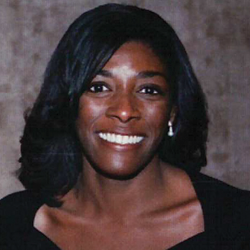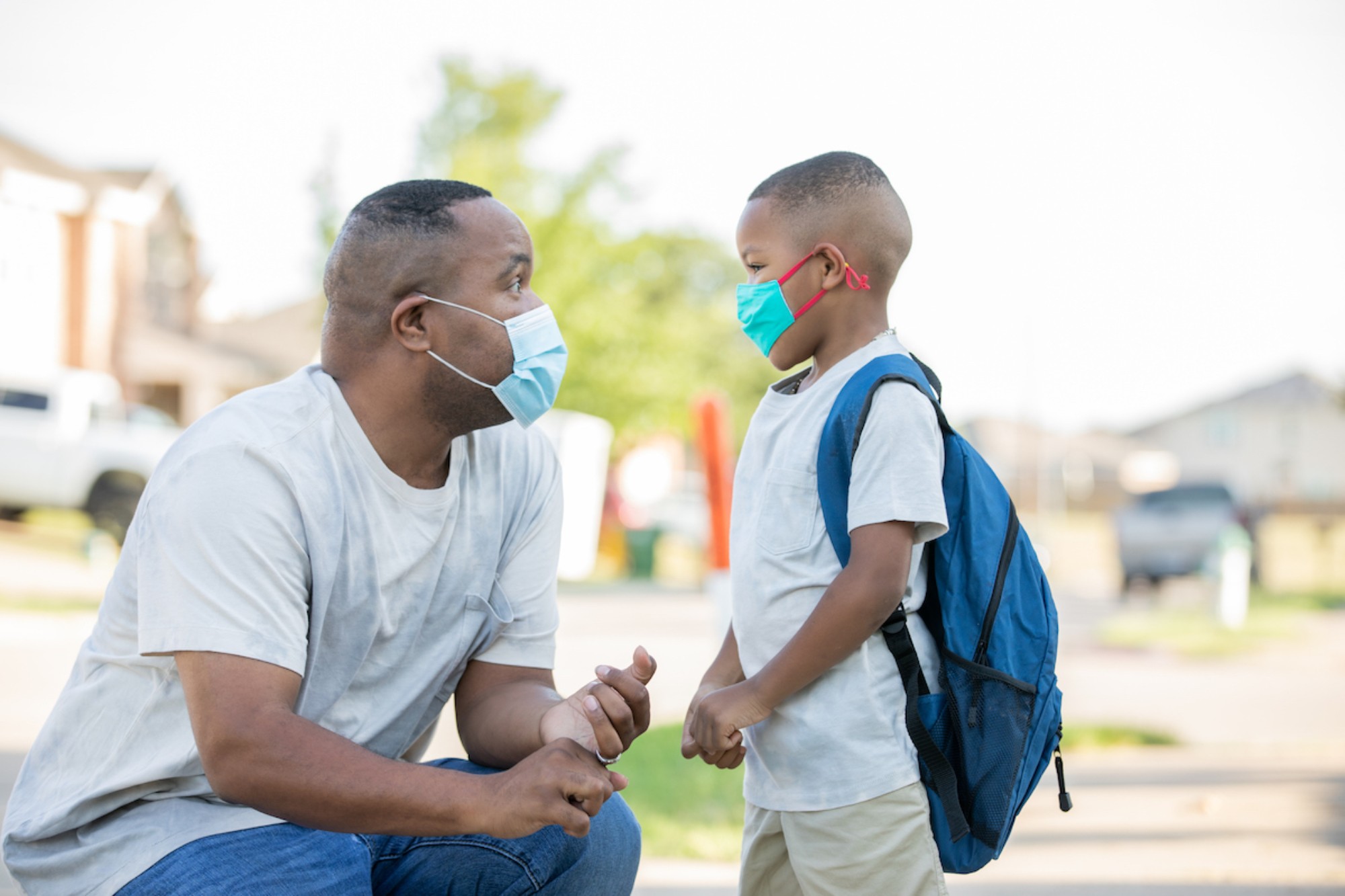A nationwide teacher survey headed by Associate Professor of Communication, Media & Learning Technology Design Detra Price-Dennis casts a light on the challenge of maintaining a focus on culturally responsive learning after the pandemic locked down classrooms two years ago.
A significant percentage of the teachers surveyed by a team of TC researchers led by Price-Dennis pointed to deficit school leadership and the adjustment to remote learning technology for deprioritizing culturally relevant course content when Covid disrupted non-traditional teaching.
“Teachers thought they had to make a choice about where they had to put their time, their effort and their energy,” said Price-Dennis. “They were so focused on apps, asynchronous learning and other factors that many of them weren’t able to connect to equity and cultural responsiveness with online teaching.”
Culturally responsive pedagogy wasn’t the only academic struggle that emerged from the unprecedented modern health crisis.
“Many teachers – it is suspected – paused their teaching of the common core curriculum because family members of students were becoming ill or, if healthy, at-risk as essential workers. Worries about having enough food were also common.”
“Teachers had to focus on social-emotional health and attending to the human needs of students. They were so fiercely protective of their students that they weren’t as concerned as usual about grades or new content. Learning was still happening. It was just a different kind of learning.”
Supported by a Spencer Foundation grant, TC researchers launched “Pedagogies of Possibility: Exploring Culturally Responsive Education” with an online survey of 126 teachers in K-12 classrooms across the nation. Subsequent interviews were conducted with 58 respondents.

Detra Price-Dennis, Associate Professor of Communication, Media and Learning Technology Design. (Photo: TC Archives)
Technology represented the first disconnect.
A deeper dive, the study authors write, revealed educators to be otherwise unprepared “for online learning (and) received little to no guidance about metrics for success, digital pedagogy, or developmentally appropriate uses of...digital tools that promoted collaboration, participatory literacies in their teaching practices (such as interactive whiteboards, podcast creation programs, simulations or virtual reality).”
The mid-2020 deaths of Breonna Taylor and George Floyd at the hands of police officers exacerbated challenges and the broader trauma around the pandemic.
Most teachers recognized the importance of encouraging students to share their thoughts and feelings.
“When you look at society and everything going on in the last 15 months...Whether you look at the political stuff or the racial stuff throughout the country, people can’t hide from it anymore.”
“It’s something that we have to talk about. We have to have these conversations,” one respondent told interviewers.
School leadership through the pandemic and the parallel “sociopolitical” crises spawned by the deaths of Floyd and Taylor fell into two camps.
“In top-down and hierarchical spaces where there wasn't a good infrastructure or strong leadership to begin with, the response was catastrophic,” said Price-Dennis.
The opposite tended to be true, she added, in buildings where administrators sought and implemented feedback on best practices from not only faculty but students and parents as well.
“Because it was collaborative, not hierarchical, and because the leadership team wanted to be part of the solution with families and teachers, those schools were able to create a schedule that worked for everyone throughout the pandemic. Leaders need to figure out where they need to put their energy when fires are breaking out everywhere.”
But Price-Dennis says one aspect of online learning flummoxed even the best teachers and school leaders.
“What we could not have anticipated, any of us, was the prospect of (work-from-home) parents interrupting lessons, sometimes arguing with one another and sometimes arguing with the teacher - all in front of the entire class,” said Price-Dennis.
“There is no program to prepare a teacher for parents disrupting learning.”
Price-Dennis leaped to the forefront of disseminating the pandemic lockdown's impact on teaching and learning through her leadership of virtual conversations at the state and local levels with the crisis still at a formative stage.
She is the co-author, with Associate Professor of English Education Yolanda Sealey-Ruiz, of Advancing Racial Literacies in Teacher Education: Activism for Equity in Digital Spaces (Teachers College Press, 2021).
“Pedagogies of Possibilities” offers five recommendations to capitalize on the ideas and observations advanced by the participating educators.
Pedagogies of Possibility Recommendations
School districts and policy makers at the local and state levels need to provide sustainable professional learning opportunities to support K-12 teachers' understanding and implementation of culturally responsive pedagogies designed for online teaching.
School districts need to create and communicate transparent, ethical, and research-informed policies to inform online learning that include metrics for success, assessment, expectations for students and families, and guidelines for synchronous and asynchronous learning.
School districts should form partnerships with nonprofits and local libraries to provide workshops and technology support to families and caregivers.
School districts need to create and communicate a plan for supporting teachers, students, and families who experience trauma related to unprecedented events that impact how schools’ function.
School districts need to plan for an adaptable, but stable structure that will allow teachers to focus on their pedagogy. The goal is to create an infrastructure that can provide consistency and predictability regardless if school takes place in-person, online, or in a hybrid format.
The list includes infrastructure upgrades to promote multimodal learning, professional development around culturally responsive pedagogy in digital teaching and school-community partnerships to support parents and families in remote education spaces.
Price-Dennis says flexibility is the key: "We are not preparing students for the future if we continue to force students to learn face-to-face. Colleges and universities are moving to a hybrid and flex model because students are demanding online courses, the analytical skills to manage their own time and the capacity to learn across different platforms.
"We must absolutely figure out a way to build on what we learned during the pandemic. Because now we know better.”
